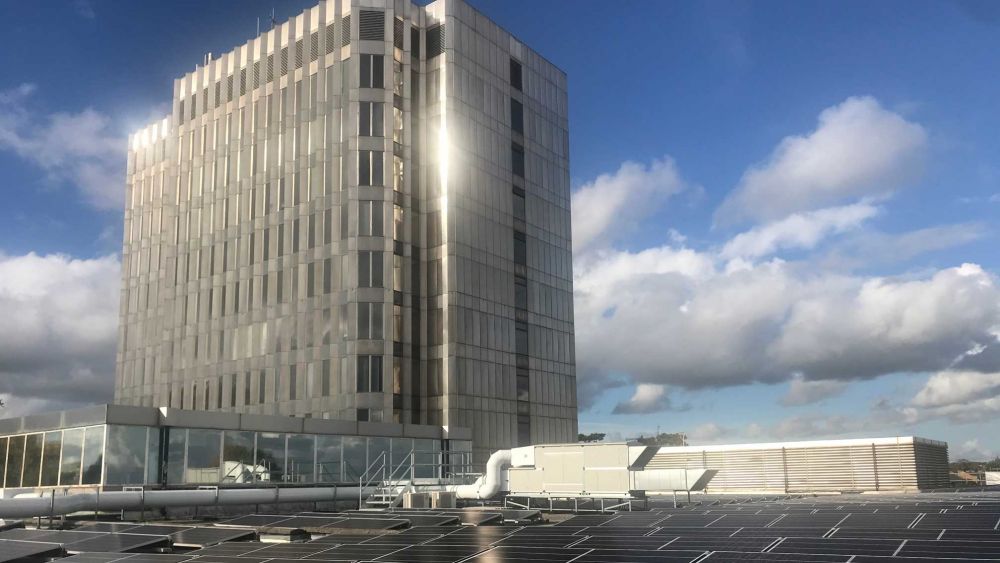
Greenhouse gas emissions produced by Enfield Council’s operations continue to fall at a faster rate than expected, according to the latest data.
The Enfield Annual Emissions Report has found that there has been a 14 per cent decrease in Council greenhouse gas emissions from last year and a 30 per cent decrease in the Council’s direct emissions in the last four years*.
This means Enfield Council is on track to become a carbon neutral organisation by 2030, a target embodied in the Council’s Climate Action Plan.
The largest carbon savings this year, and for the first time, have been from the reduction in natural gas in buildings for heating and hot water. This may be a result of initiatives to address the impact of the energy crisis and high energy costs and also investment in heat decarbonisation technology.
Enfield Council’s Deputy Leader, Cllr Ergin Erbil, said: “We are making excellent progress as an organisation to reduce our carbon emissions, helping Enfield to become a greener and cleaner place to live and work in. We are seeing the impact of a number of heat decarbonisation initiatives that were completed in 2022 including heat pump installations at a number of sites. I am also pleased by the work that has been done to reduce energy costs - exactly what you would expect from a prudent and climate conscious Council.”
The borough is also seeing the positive impact of the successful LED street lighting programme that completed in March 2021. Enfield’s streetlighting is continuing to decarbonise alongside the electricity grid.
As a borough, there has been a 7 per cent decrease in greenhouse gas emissions from last year and a 6 per cent decrease from the baseline. The aim is for Enfield to be a carbon neutral borough by 2040.
Cllr Erbil added: “To help the borough further achieve its decarbonisation targets we will identify and promote alternative heat sources such as heat networks and heat pumps. In addition, we will continue to encourage the use of sustainable and active travel through the Journeys and Places Programme, as fossil fuel use from vehicles remains a significant challenge.”
* A baseline exercise was undertaken in late 2019 as part of our Climate Action Plan development for which emissions continue to be assessed. The current reporting year is 2022/23, aligning with the financial year.